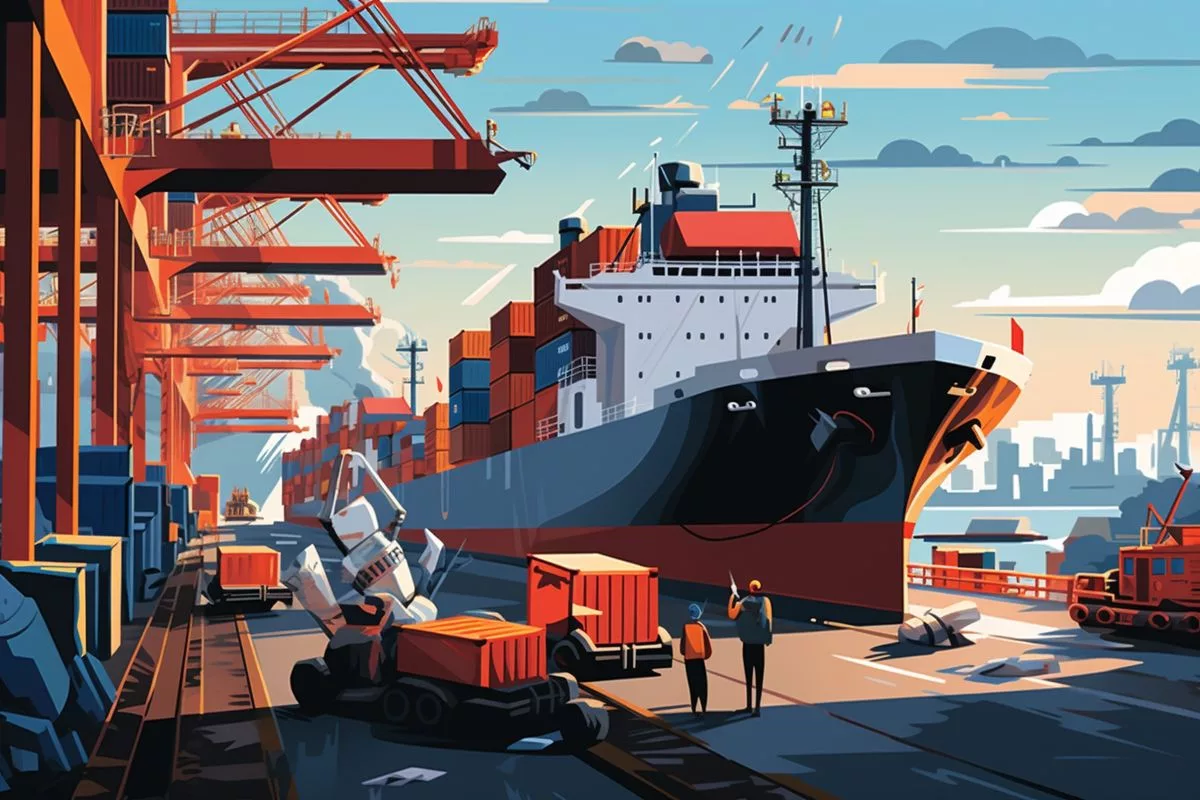The Western Cape Government’s executive team met on November 22 to discuss important issues affecting the region’s future, including future fiscal planning, the poor performance of the Port of Cape Town, and encouraging economic indicators. The team pledged to shelter Western Cape citizens as much as possible from the fiscal crisis, while also prioritizing citizen safety and essential services. The port’s underinvestment was identified as a hindrance to economic growth and job creation, and the province is intensifying safety measures for the upcoming tourism season. Despite financial obstacles, the executive team remains committed to the region’s prosperity and wellbeing.
Future Fiscal Planning: The Western Cape Government’s executive team discussed the forthcoming Medium Term Budget Policy Statement (MTBPS) and the 2024 Medium Term Economic Framework (MTEF), pledging a commitment to shelter Western Cape citizens from the fiscal crisis as much as possible. The Port of Cape Town’s Performance: The port’s lackluster performance was called into question due to ongoing underinvestment in capital expenditure, hindering economic growth and job creation. Encouraging Economic Indicators: The Western Cape has the country’s lowest unemployment rate at 20.2%, and the province and city are intensifying safety and security provisions for the upcoming tourism season.
The Western Cape Government’s executive team assembled on November 22 for a routine executive conference. This assembly, akin to many others, focused on pivotal issues that have a profound impact on the future wellbeing and prosperity of the Western Cape and its citizens.
Future Fiscal Planning
One of the prime subjects under deliberation was the forthcoming 2023 Medium Term Budget Policy Statement (MTBPS). The executive team scrutinized the preliminary version of the MTBPS, which serves as a beacon for budget policy priorities and principles that will mold the execution of the statement. The impending budget reductions, predominantly due to the centralized public sector wage agreement, were a substantial worry. Notwithstanding these financial obstacles, the executive team pledged a robust commitment to shelter Western Cape citizens from the fiscal crisis as far as possible.
Another significant discussion point was the 2024 Medium Term Economic Framework (MTEF), with the executive team illuminating policy priorities for this tenure. The MTEF will aim to drive the WCG’s Growth for Jobs Strategy, reinforce citizen safety, and protect essential services vital to the wellbeing of all citizens. The Provincial Treasury, which has been instrumental in managing the budget cuts crisis, received commendation from the executive team.
The Port of Cape Town’s Performance
The Port of Cape Town’s lackluster performance was called into question during the conclave. Finance and Economic Opportunities Provincial Minister, Mireille Wenger, reported on the issue, noting that the port’s persistent underperformance is primarily due to ongoing underinvestment in capital expenditure. The port’s operating capacity is seriously compromised, with the handling rate registering below ten containers per hour, falling short of the standard 25. Additionally, the average time ships spent at anchor extended to five days, a whopping five times longer than the optimal one-day target.
This operational subpar performance has led some ships to entirely avoid the Port of Cape Town. The port’s underperformance bears significant consequences, hindering economic growth and job creation in a sector that could be teeming with employment possibilities. The executive team was apprised that a 5% annual surge in cargo could create 20,000 new jobs and contribute an extra R1.6 billion to the provincial treasury.
Minister Wenger outlined the measures taken by the WCG, which encompassed discussions with key players, such as President Cyril Ramaphosa, Public Enterprises Minister Pravin Gordhan, Finance Minister Godongwana, Transnet, and the Ports Regulator. However, this collaborative effort has not yet produced the hoped-for outcomes. The executive team underscored the pressing need for amplified private investment in the port, and the continuation of dialogues with the national government.
Encouraging Economic Indicators
Another noteworthy point from the meeting was the acknowledgement of the latest Quarterly Labour Force Survey data, which showed the Western Cape as having the country’s lowest unemployment rate at 20.2%.
Switching gears to tourism, the executive team expressed optimism about the Western Cape gearing up for a bustling summer tourism season. Statistics from the Airports Company South Africa exhibited a consistent year-on-year increase in both international and domestic arrivals. The region’s official tourism promotion agency, Wesgro, is also set to capitalize on the triumphs of the previous season, which injected an estimated R1.2 billion into the provincial economy. As the peak tourism period nears, the province and city are intensifying safety and security provisions.
In Summary
In summary, the Western Cape Government executive meeting on November 22 was characterized by crucial resolutions and meaningful dialogues. These discussions could potentially lead to significant outcomes for the region’s economic path, job creation, and overall wellbeing of its citizens.
What was discussed at the Western Cape Government Executive Conclave on November 22nd?
The executive team discussed important issues affecting the region’s future, including future fiscal planning, the poor performance of the Port of Cape Town, and encouraging economic indicators.
What did the executive team pledge to do for Western Cape citizens?
The team pledged to shelter Western Cape citizens as much as possible from the fiscal crisis, while also prioritizing citizen safety and essential services.
Why was the Port of Cape Town’s underinvestment identified as a hindrance to economic growth and job creation?
The port’s lackluster performance was called into question due to ongoing underinvestment in capital expenditure, hindering economic growth and job creation.
What is the Western Cape’s unemployment rate?
The Western Cape has the country’s lowest unemployment rate at 20.2%.
What are the Western Cape and city doing to intensify safety and security provisions for the upcoming tourism season?
The province and city are intensifying safety and security provisions for the upcoming tourism season.
What is the Western Cape Government’s commitment to the region’s prosperity and wellbeing?
Despite financial obstacles, the executive team remains committed to the region’s prosperity and wellbeing.








